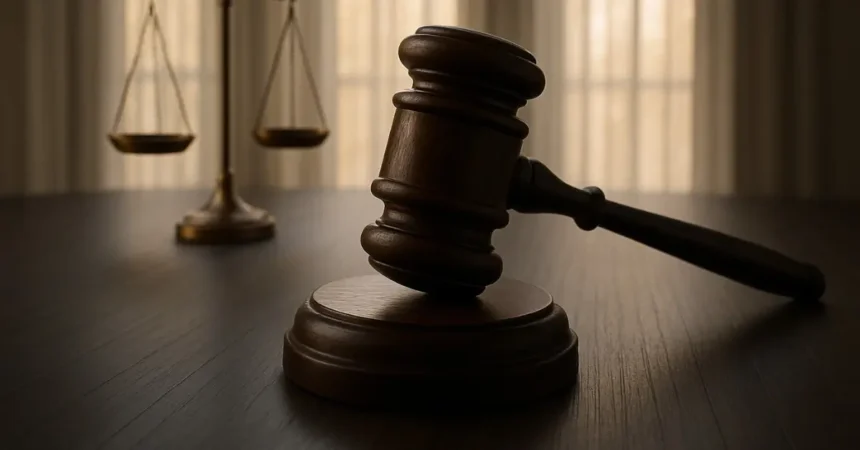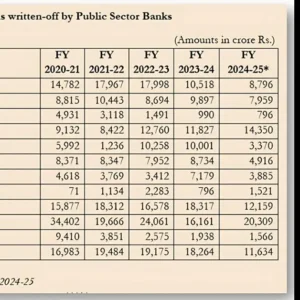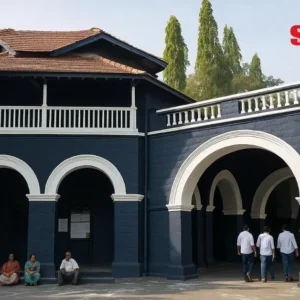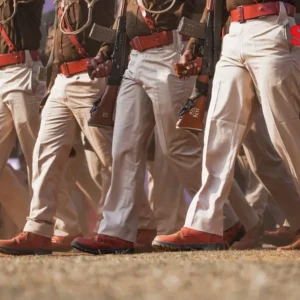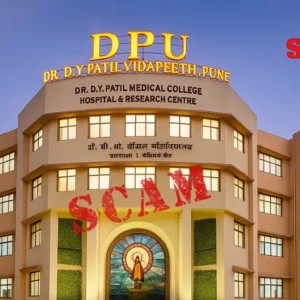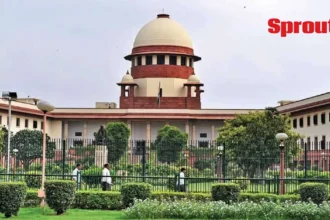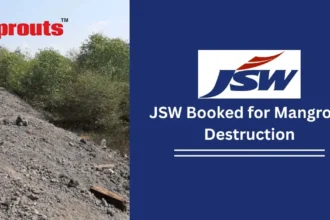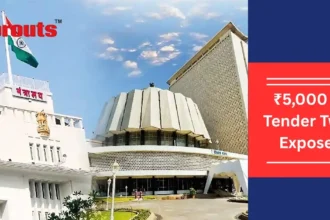₹500 and 25 Years: Bombay High Court Acquits Maruti Borhade in Delayed Justice Case
• Bombay HC Acquits Officer in ₹500 Bribery Case
• Trap Crumbles: No Proof of Bribe Demand, Says Court
• 25-Year-Old Corruption Conviction Overturned
Unmesh Gujarathi
Sprouts News Exclusive
Contact: +91 9322755098
The Bombay High Court acquitted Maruti Borhade, a former sports department officer, 25 years after a ₹500 bribery charge. The court ruled that mere recovery of money without proof of bribe demand is insufficient for conviction. Sprouts News Investigation Team (SIT) highlights this as a critical win for due process.
In a striking example of justice delayed—and arguably denied—the Bombay High Court on May 8, 2025, acquitted Maruti Mahadeo Borhade, a retired Office Superintendent accused in a ₹500 bribery case dating back to February 2000. The verdict, delivered by Justice Shivkumar Dige, came after nearly a quarter-century of legal limbo that haunted the officer well into his senior years.
Borhade was convicted by a Special Court in Pune under Sections 7 and 13(1)(d) read with Section 13(2) of the Prevention of Corruption Act, 1988. The charges stemmed from a complaint that he demanded ₹500 in exchange for issuing a No Objection Certificate (NOC). However, as facts later revealed, the NOC had already been issued two months prior to the alleged bribe demand—undermining the foundation of the prosecution’s case.
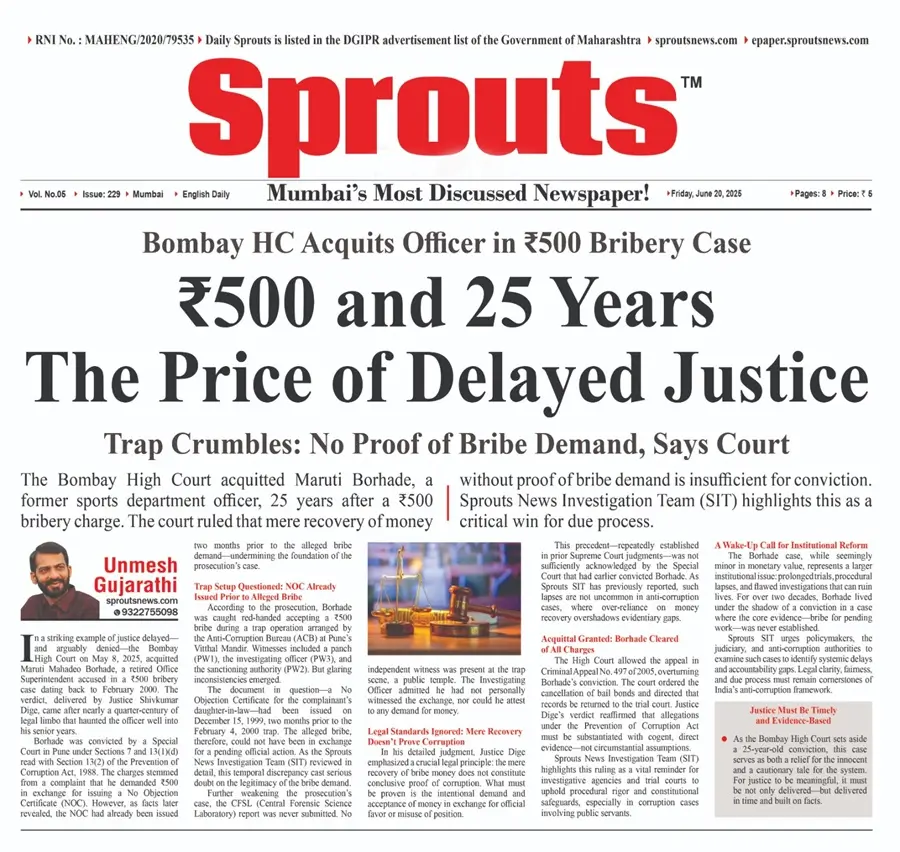
Trap Setup Questioned: NOC Already Issued Prior to Alleged Bribe
According to the prosecution, Borhade was caught red-handed accepting a ₹500 bribe during a trap operation arranged by the Anti-Corruption Bureau (ACB) at Pune’s Vitthal Mandir. Witnesses included a panch (PW1), the investigating officer (PW3), and the sanctioning authority (PW2). But glaring inconsistencies emerged.
The document in question—a No Objection Certificate for the complainant’s daughter-in-law—had been issued on December 15, 1999, two months prior to the February 4, 2000 trap. The alleged bribe, therefore, could not have been in exchange for a pending official action. As the Sprouts News Investigation Team (SIT) reviewed in detail, this temporal discrepancy cast serious doubt on the legitimacy of the bribe demand.
Further weakening the prosecution’s case, the CFSL (Central Forensic Science Laboratory) report was never submitted. No independent witness was present at the trap scene, a public temple. The Investigating Officer admitted he had not personally witnessed the exchange, nor could he attest to any demand for money.
Legal Standards Ignored: Mere Recovery Doesn’t Prove Corruption
In his detailed judgment, Justice Dige emphasized a crucial legal principle: the mere recovery of bribe money does not constitute conclusive proof of corruption. What must be proven is the intentional demand and acceptance of money in exchange for official favor or misuse of position.
This precedent—repeatedly established in prior Supreme Court judgments—was not sufficiently acknowledged by the Special Court that had earlier convicted Borhade. As Sprouts SIT has previously reported, such lapses are not uncommon in anti-corruption cases, where over-reliance on money recovery overshadows evidentiary gaps.
Acquittal Granted: Borhade Cleared of All Charges
The High Court allowed the appeal in Criminal Appeal No. 497 of 2005, overturning Borhade’s conviction. The court ordered the cancellation of bail bonds and directed that records be returned to the trial court. Justice Dige’s verdict reaffirmed that allegations under the Prevention of Corruption Act must be substantiated with cogent, direct evidence—not circumstantial assumptions.
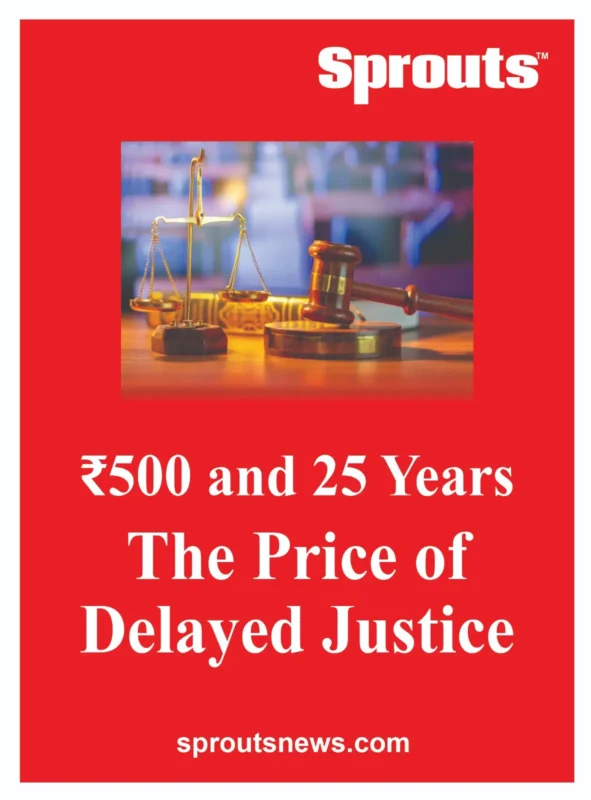
Sprouts News Investigation Team (SIT) highlights this ruling as a vital reminder for investigative agencies and trial courts to uphold procedural rigor and constitutional safeguards, especially in corruption cases involving public servants.
Also Read: Pahalgam Terror Probe Misfires as NIA Admits Major Error.
A Wake-Up Call for Institutional Reform
The Borhade case, while seemingly minor in monetary value, represents a larger institutional issue: prolonged trials, procedural lapses, and flawed investigations that can ruin lives. For over two decades, Borhade lived under the shadow of a conviction in a case where the core evidence—bribe for pending work—was never established.
Sprouts SIT urges policymakers, the judiciary, and anti-corruption authorities to examine such cases to identify systemic delays and accountability gaps. Legal clarity, fairness, and due process must remain cornerstones of India’s anti-corruption framework.
Justice Must Be Timely and Evidence-Based
As the Bombay High Court sets aside a 25-year-old conviction, this case serves as both a relief for the innocent and a cautionary tale for the system. For justice to be meaningful, it must be not only delivered—but delivered in time and built on facts.


